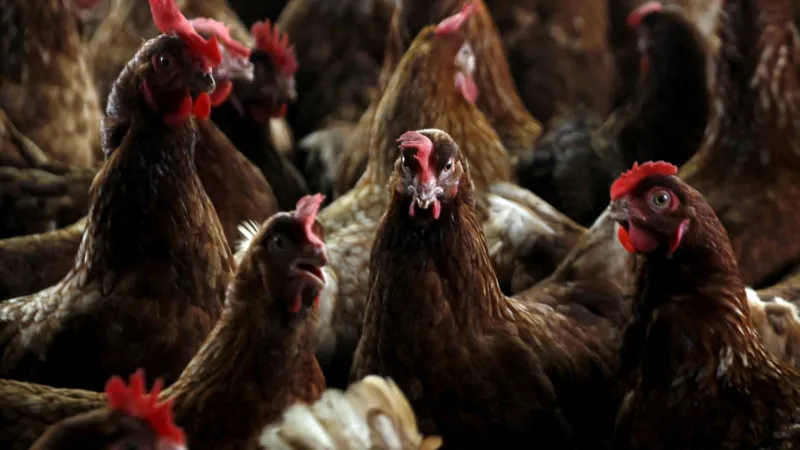In a troubling development for the agricultural industry, authorities have ordered the culling of thousands of birds after confirming new cases of avian influenza on several farms. The outbreak has raised concerns about the spread of the highly contagious virus and its potential impact on the poultry industry, local economies, and public health.
The recent cases were identified during routine testing and inspections conducted by veterinary health services. Farms in the affected regions have reported unusual behavior among their flocks, with symptoms such as lethargy, loss of appetite, and sudden deaths observed in many birds. Subsequent laboratory testing confirmed the presence of the avian influenza virus, prompting immediate containment measures to prevent further spread.
To curb the outbreak, authorities have implemented strict biosecurity protocols in and around the affected farms. This includes restricting the movement of birds, equipment, and personnel, as well as conducting thorough disinfection procedures. Surveillance zones have been established within a specific radius of the infected premises, with nearby farms closely monitored for any signs of the disease.
The culling of infected and at-risk birds is being carried out as a preventive measure to contain the outbreak. While the process is undoubtedly distressing for farmers, experts emphasize that it is a critical step to safeguard the broader poultry industry and public health. Authorities are also working with farmers to ensure humane culling methods and proper disposal of carcasses to minimize environmental contamination.
Bird flu outbreaks are not uncommon, but their recurrence highlights the importance of ongoing vigilance and proactive measures. Experts warn that the virus can mutate and pose risks to other animals and even humans, though the likelihood of widespread human transmission remains low. Individuals who work closely with poultry, such as farmworkers and veterinarians, are urged to take precautions, including wearing protective gear and following hygiene protocols.
The outbreak has sparked economic concerns, with affected farmers facing significant losses. Governments and local agricultural bodies are stepping in to provide compensation and support to mitigate the financial strain. Efforts are also underway to educate farmers on best practices for disease prevention, such as enhancing farm hygiene, maintaining strict quarantine measures, and ensuring proper vaccination of poultry.
Despite the challenges, authorities remain committed to containing the outbreak and preventing further disruptions. Consumers are being reassured that poultry products on the market are safe to eat, provided they are properly cooked, as the virus does not survive high temperatures.
As the situation evolves, ongoing communication between farmers, veterinary services, and public health officials will be crucial in managing the outbreak effectively and preventing future occurrences. By working together, stakeholders hope to safeguard both animal and human health while ensuring the resilience of the poultry industry in the face of these recurring challenges.




















